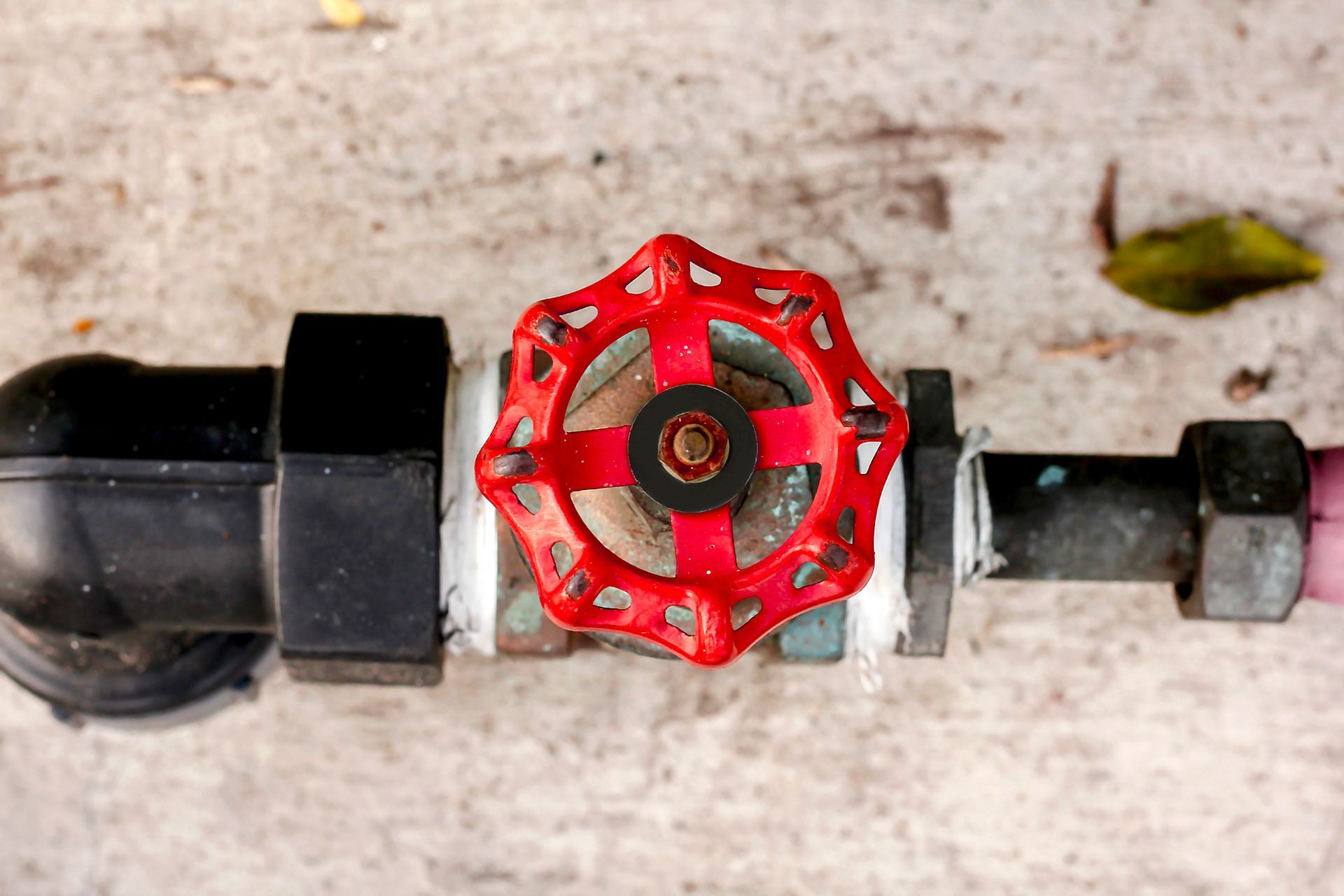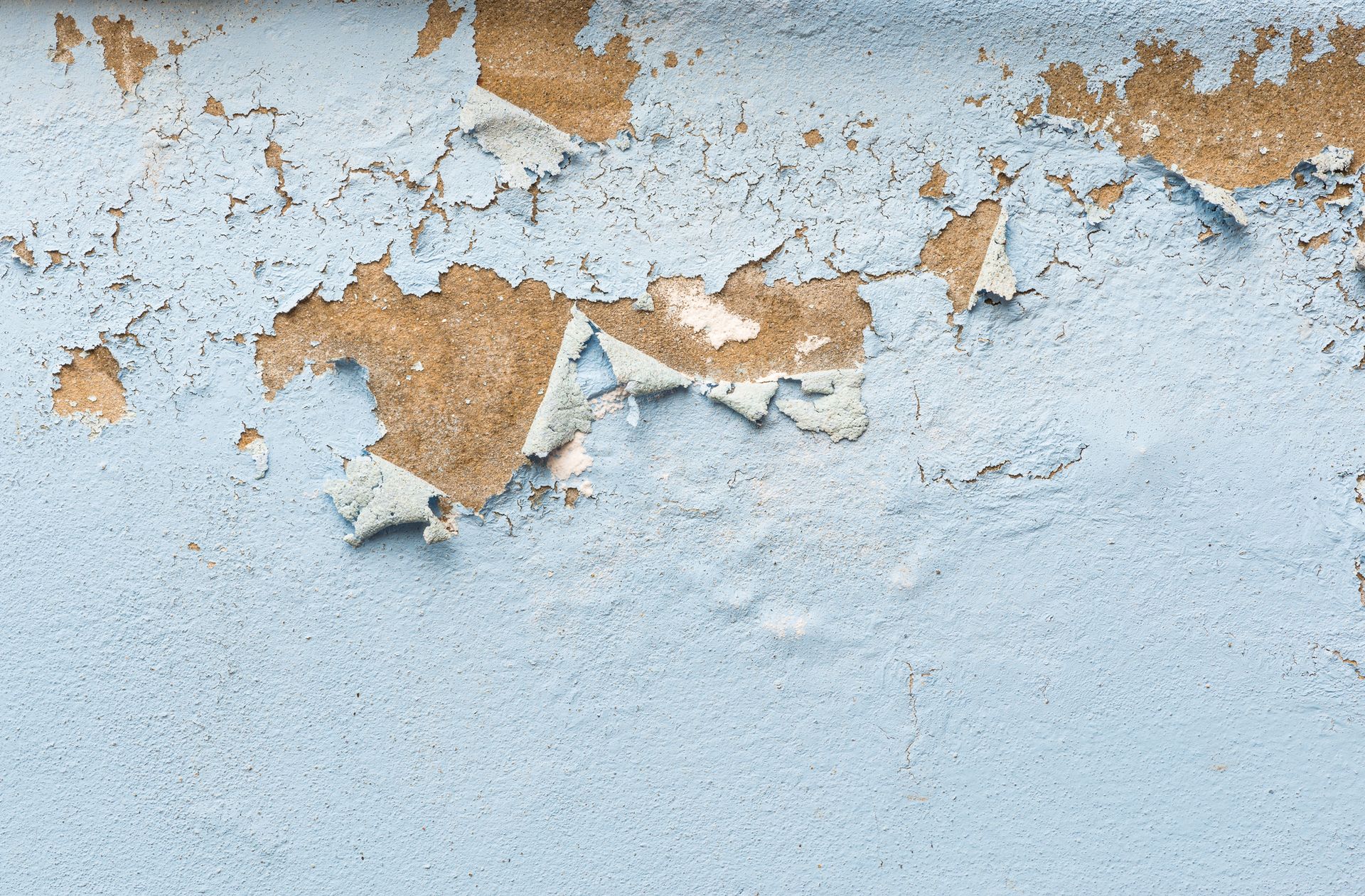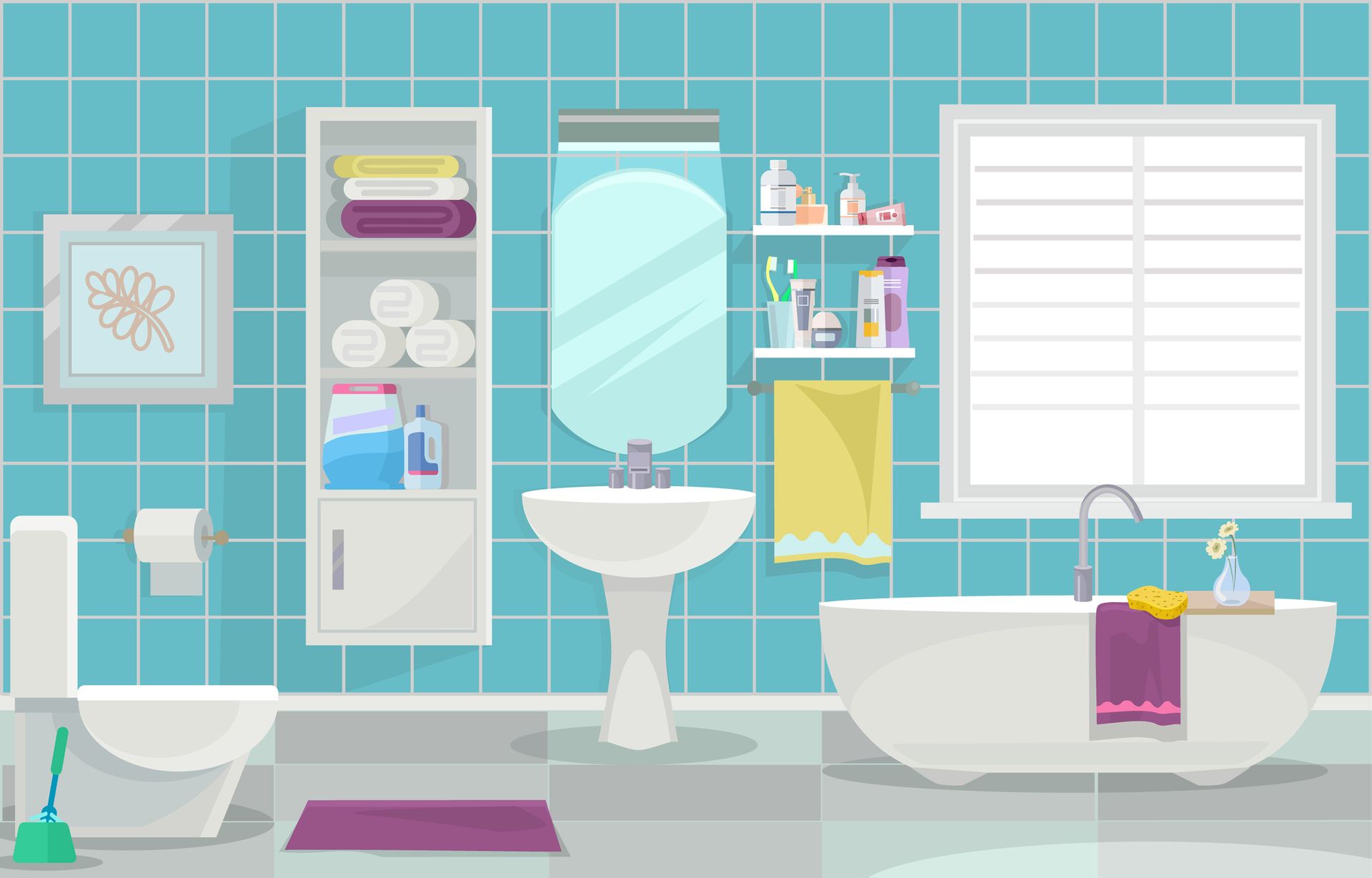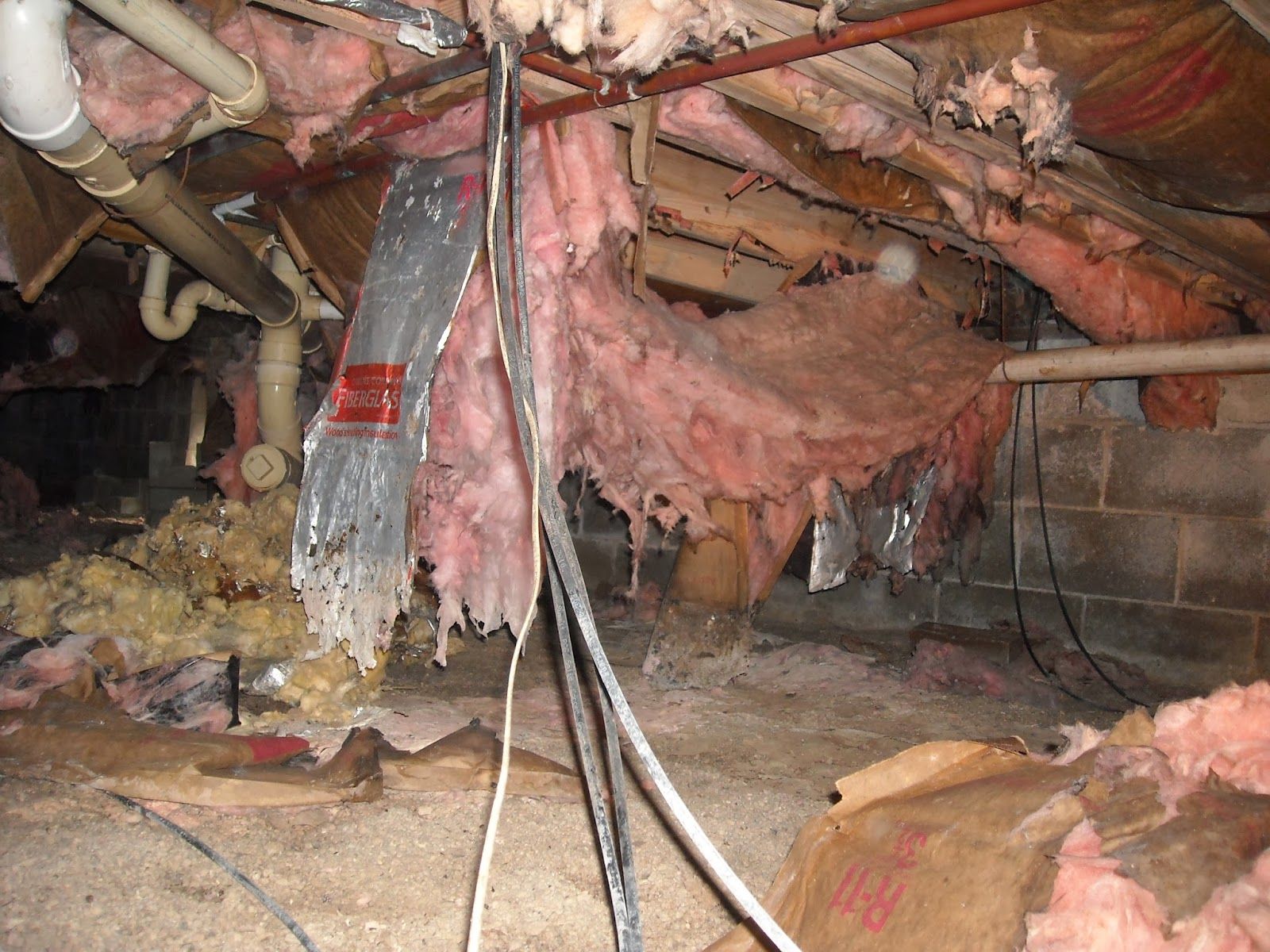Tips for Staying Safe During a Flood: Important Information for Families
Tips for Staying Safe During a Flood: Important Information for Families- Rockville, MD
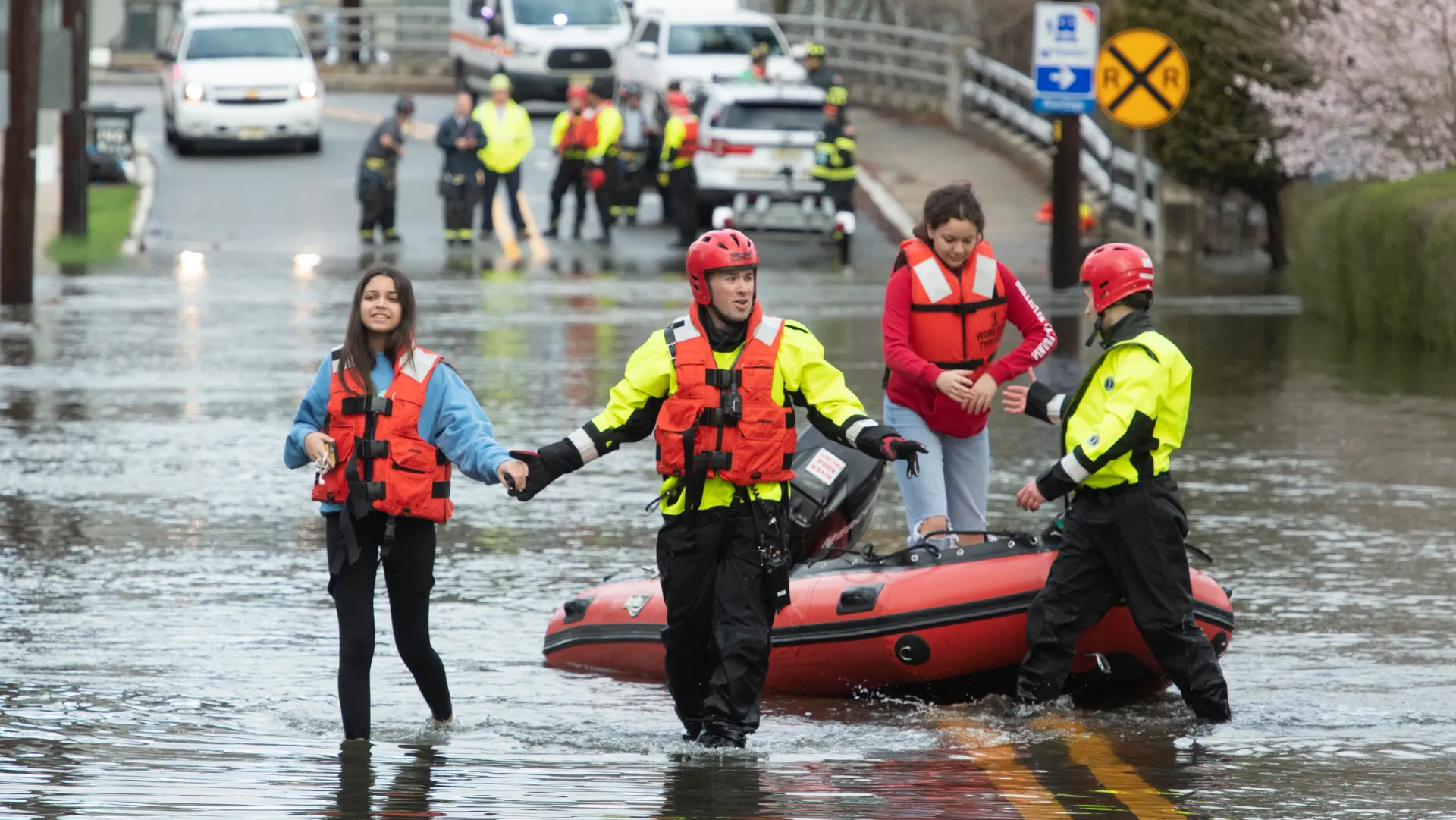
Flash floods can pose a serious risk to you and your property. Whether caused by bacteria, mold, electricity, or swift streams, they can endanger the health and safety of those who are exposed to their noxious fluids.
For example, eating or drinking contaminated products can expose you to disease. During a power outage, floodwaters can inadvertently create an outbreak of pathogens such as E. coli or salmonella in food. If you come into contact with floodwater, you run the risk of getting a skin infection.
Here are the most typical hazards that can occur during and after a flash flood in a home, as well as recommendations on how to avoid them.
Before a Flood
Here are some things you can do to keep your family and house safe before a flash flood occurs:
- Make an emergency kit with first-aid items, nonperishable food, a flashlight, batteries, and cash.
- Make a plan for family communication. Assign an out-of-state friend or relative to act as your "check-in" person.
- Understand the flood risk in your area. Check to see if your home is in a FEMA flood zone.
- If you live in a very high-risk flood zone, turn up the heat on the air conditioner, water heater, and electrical panel.
- Examine your flood insurance policy. Does it include your home's contents? If you don't have flood insurance, you should get it as soon as possible because it takes effect 30 days after you buy it.
During a Flood Watch or Warning
If a flood watch or warning has been issued, observe these guidelines:
- Keep an eye out for current weather conditions and forecasts. For flood status updates, tune in to local news or NOAA Weather Radio.
- Get your house in order. Move critical things to higher levels. Keep valuables in watertight containers. Heavy outside equipment, such as grills and propane tanks, should be secured.
- Fill up your gas tank. Maintain a full gas tank in case you need to evacuate.
- Maintain a cash reserve. Have cash on hand in case ATMs are unavailable.
- Make use of your family communication strategy. Review it with family members to ensure they understand what to do.
- Know where you're going. If local authorities instruct you to do so, move quickly to higher ground or remain on high ground.
- If you must leave your home, turn off all utilities at the main switches or valves as directed. This will aid in the prevention of further damage and safety issues.
- Make a supply run. Make sure your emergency kit contains enough nonperishable food and water to last at least three days.
- Find out where you can purchase sandbags or other flood-protection items by contacting your local authorities.
- Keep your immunization records handy, or keep note of the year of your most recent tetanus shot. Records of immunizations should be preserved in a weatherproof container.
- If you are unable to evacuate, go to the highest feasible floor since floodwater rises swiftly. If time is of the essence, go to the top level, attic, or roof.
Call Restoration 1 of Rockville flood cleanup professionals for Water Damage Restoration!
Flash floods are destructive natural disasters. A flood's aftermath can be as dangerous as the flood itself. As a result, it is critical to follow this flood safety advice and take quick steps.
Call Restoration 1 of Rockville for water damage restoration services if your home has been flooded. We have the experience and expertise to remove the water swiftly and safely and return your house to a pre-flood state.
